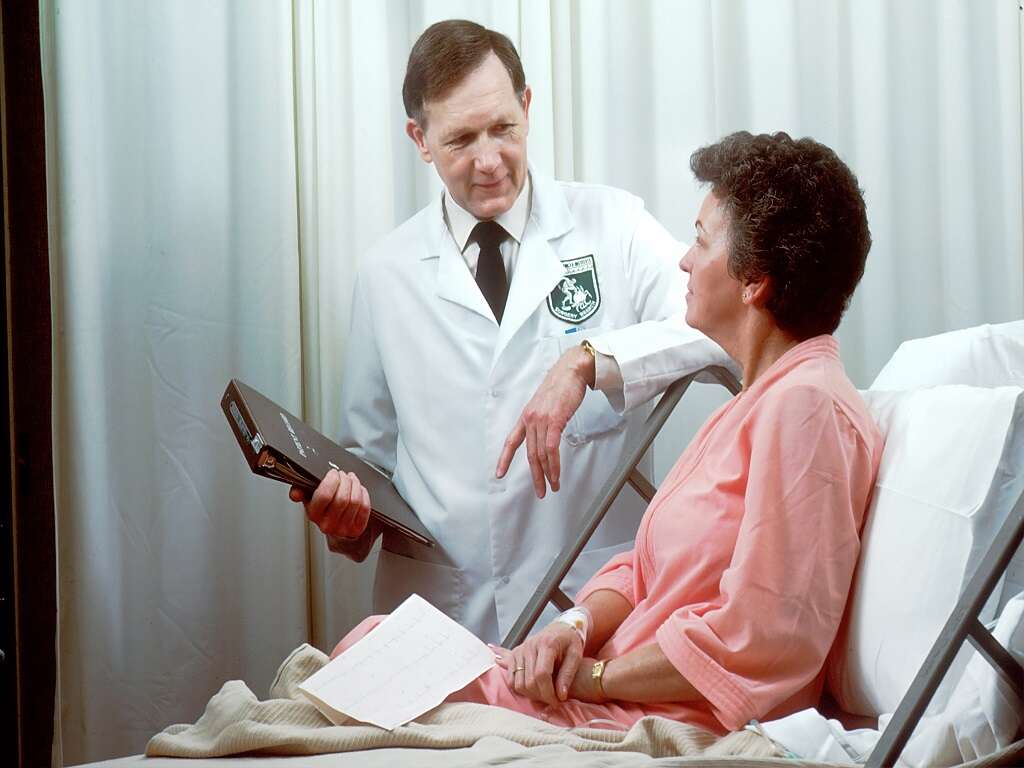Scabies Symptoms & Treatments
Scabies is the infestation of your skin by a mite known as Sarcoptes scabiei var hominis. The scabies mite is so small it is better seen using a microscope. It burrows under the upper layer of your skin while living and laying its eggs there. This infestation can be found worldwide and affect all individuals regardless of age, race, or social class. Globally, there are millions of scabies cases every year! In crowded conditions such as nursing homes, prisons, child care facilities, and extended care facilities where there is frequent close body or skin contact, scabies can spread very fast.
The scabies mite is spread through skin to skin contact via a person who has scabies. In individuals who have never had scabies, the symptoms may take four to six weeks before it begins. It is crucial to remember that in this time (even before symptoms), this person can spread scabies. In individuals who have had scabies, symptoms appear much faster, as soon as one to four days after there is exposure.
Let’s have a look at 5 scabies symptoms followed by 5 scabies treatments.
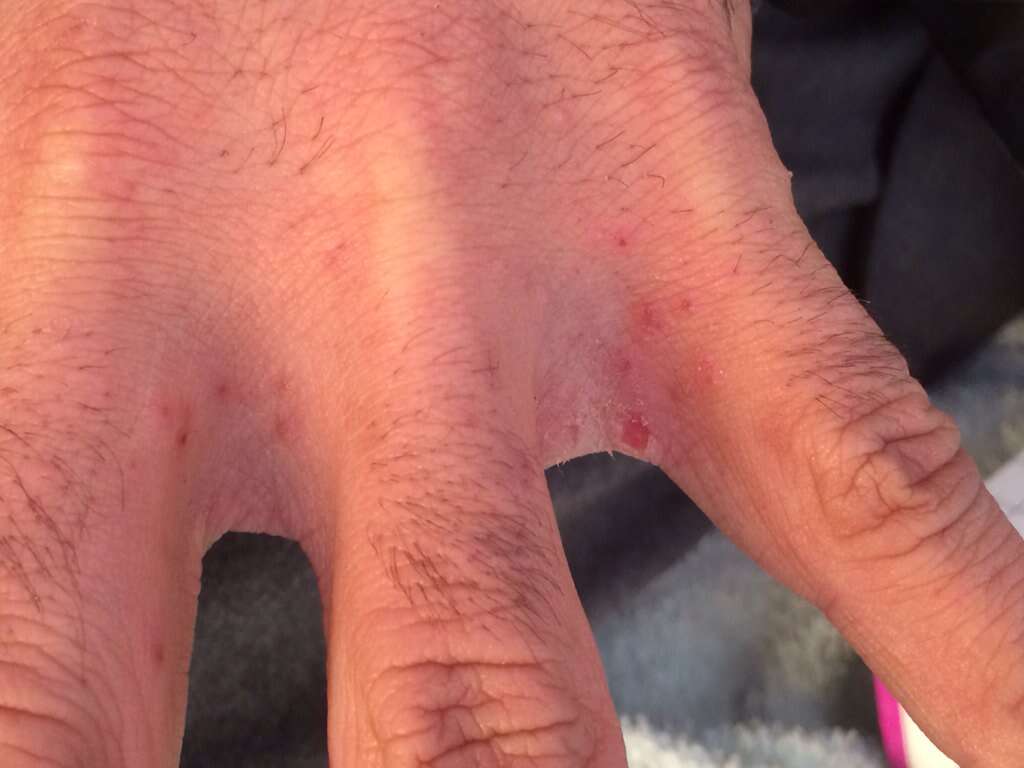
Symptom #1: Pruritus
Pruritus is a medical term that describes intense itching. In scabies, when the human itch mite burrows under the top layer of skin, the skin reacts to the presence of the mite and its eggs, causing the development of an itchy rash. The itchiness peaks at night and can be so intense that the affected individual is unable to sleep.
The commonest sites where the rash and itching occur are the wrist, armpit, webs between the fingers, elbow, nipple, waist, belt line, penis and buttocks. The itching is aggravated by warmth. Itchiness as a symptom of scabies infestation is less often in the elderly.
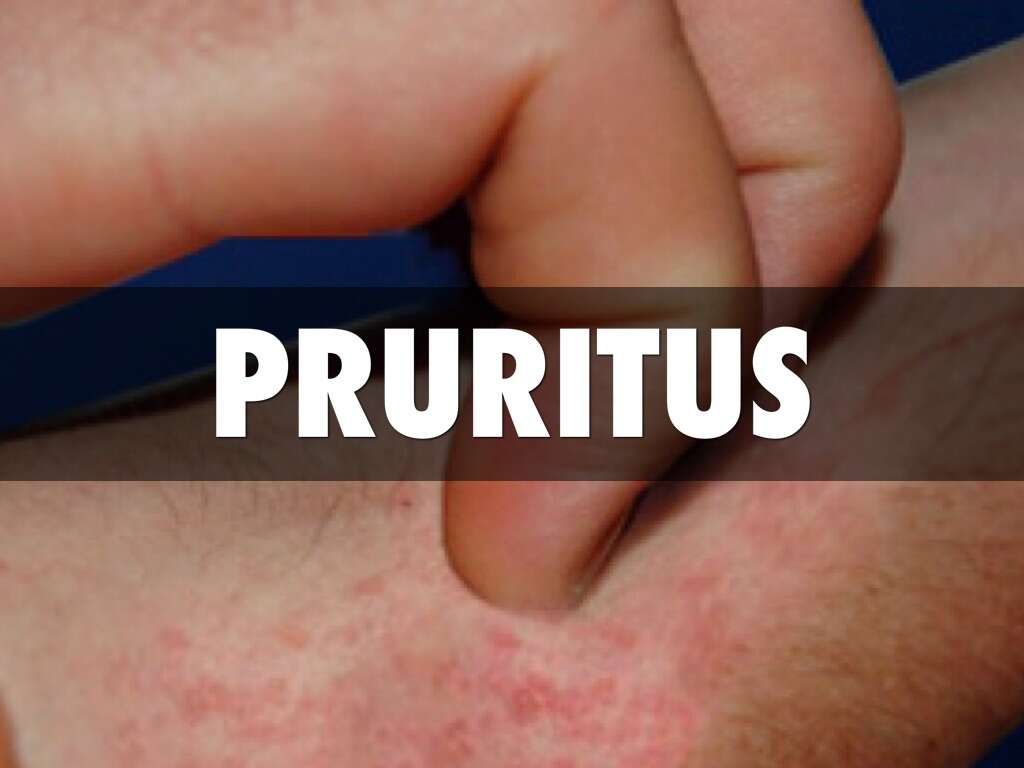
Symptom #2: Rash
The rash from a scabies infestation can look like tiny blisters that are vesicular (may contain some fluid). The little bumps usually form a line and can look like small bites, pimples, or hives.
Since the rash occurs where it is also itchy, the regions most commonly affected are also between skin folds such as finger webs, tow webs, wrists, elbows, buttocks, genitalia, and armpits. The infestation usually spares the face and scalp except in those whose immune system are compromised or in infants.
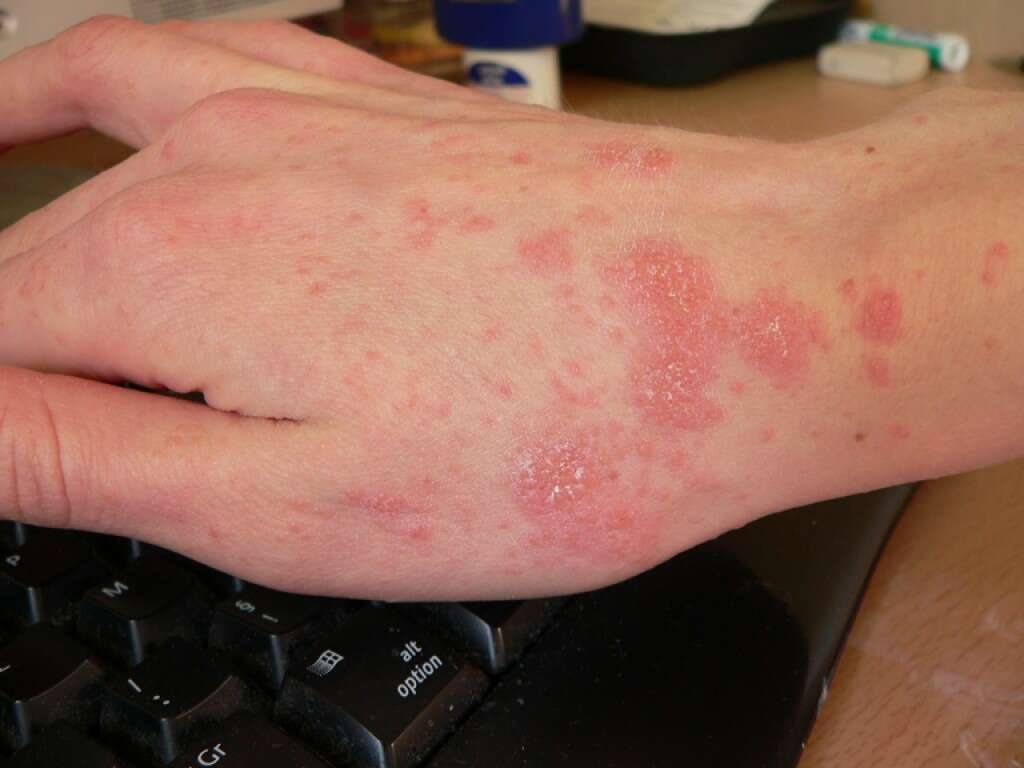
Symptom #3: Sores
Due to the rash and itchiness, the skin can be damaged due to excessive itching. These sores can become infected and caused more complications such as impetigo, an infection from a bacterium known as staphylococcus aureus that is commonly found on the skin.
The sores usually appear after a longer period of itching and can look like tiny curve tracks that are due to the excavation of the scabies mite. In some cases, you may even be able to see the mite itself that looks like a tiny black dot, usually at the end of a track.
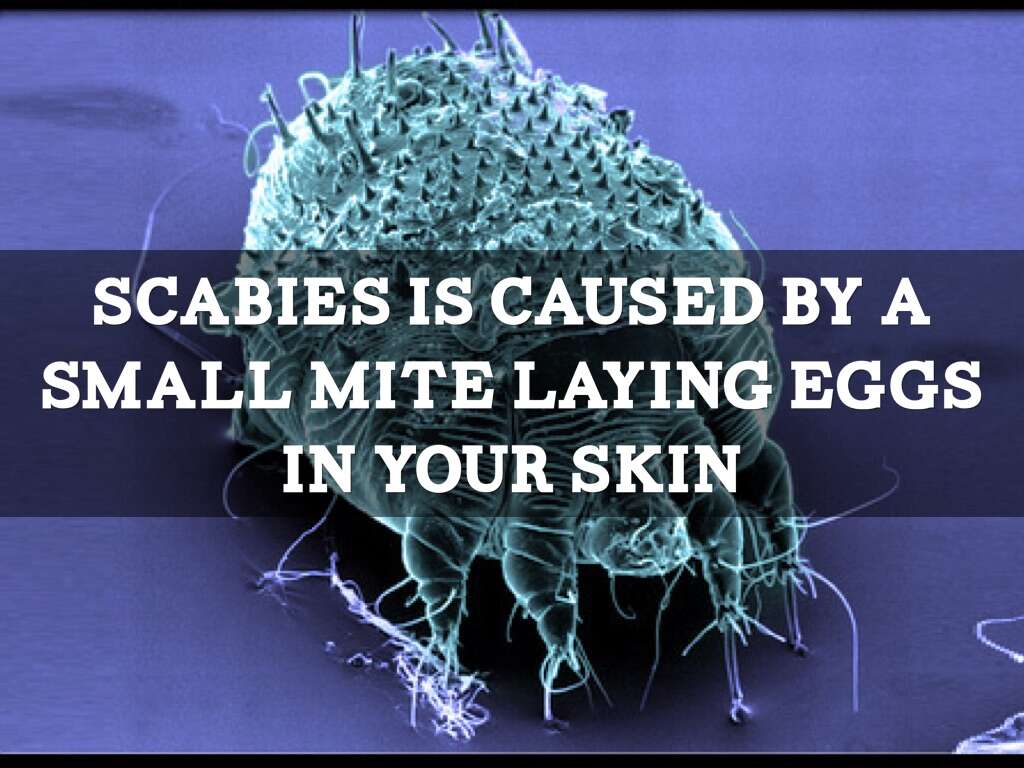
Symptom #4: Thick Crusts
Crusts can form when an individual develops a more severe type of scabies known as crusted scabies, or Norwegian scabies. This occurs when there are so many mites that burrow under the skin causing the rash and itchy to be much more severe compared to normal cases.
This usually affects those with a compromised or suppressed immune system such as the elderly, individuals with cancer, or on immunosuppressive medications (transplant patients, etcetera).
In these individuals, the weaker immune system allows a better breeding ground for the mites causing it to be widespread (sparing the face). Since the number of mites are higher in these patients, they are also much more contagious to other people. The eradication of these mites can be problematic as the crusts protects the mites from topical medication that usually kills it.
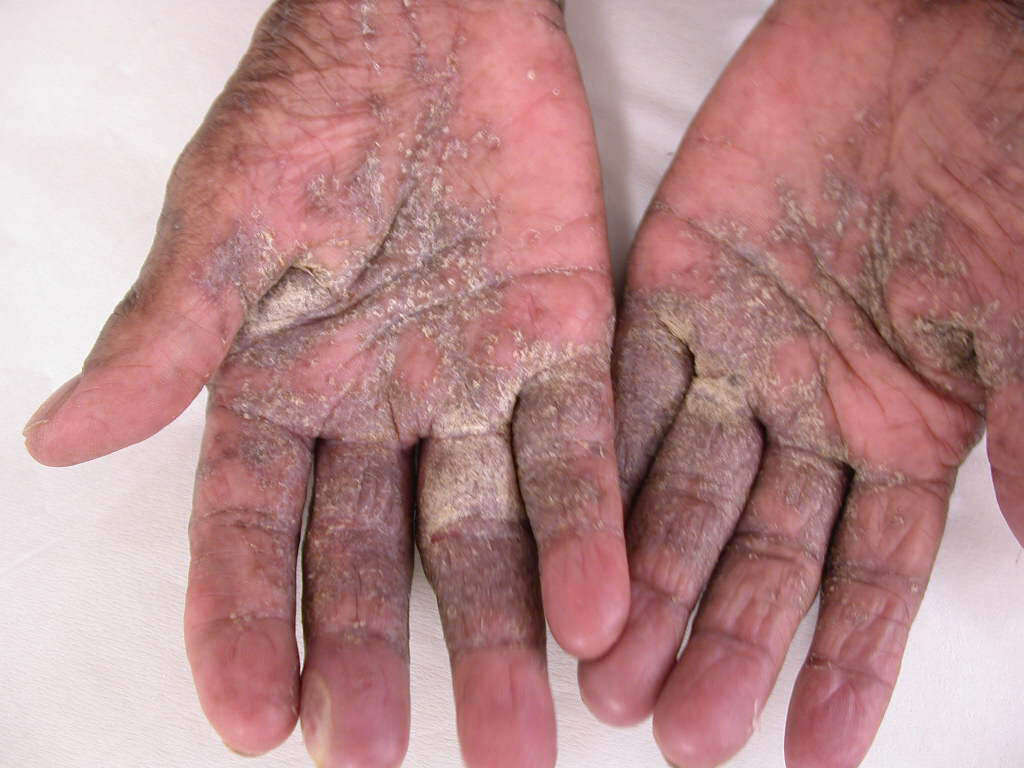
Symptom #5: Acropustulosis
Acropustulosis refers to pustular involvement. The findings of blisters and pustules on the soles and palmar surface of the feet and hands are characteristic of a scabies infestation in infants.
In children affected with scabies, they can be extremely irritable due to the lack of sleep caused from excessive itching.
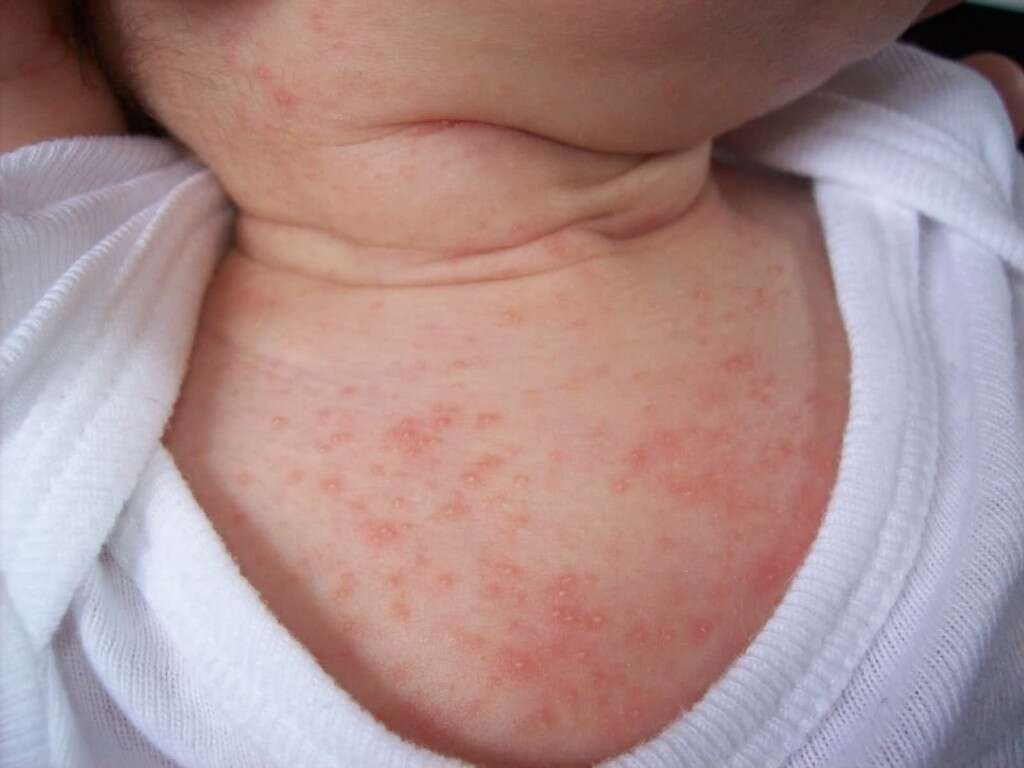
Treatment #1: Permethrin
Permethrin is a type of medication for scabies that is considered to be the safest and most effective when it comes to the treatment of scabies. It is approved in individuals above the age of 2 months or more. It is applied on the skin from the neck down.
It is recommended to be done before bedtime and is left on for 8-14 hours. The patient can then wash it off after that. The entire skin surface must be coated (not only affected areas) to prevent new areas from being infested. While one application is usually enough as Permethrin kills both adult mites, eggs, and hatchlings, many physicians will recommend another application 3-7 days after the first application as precaution. In crusted scabies, multiple applications may be required.
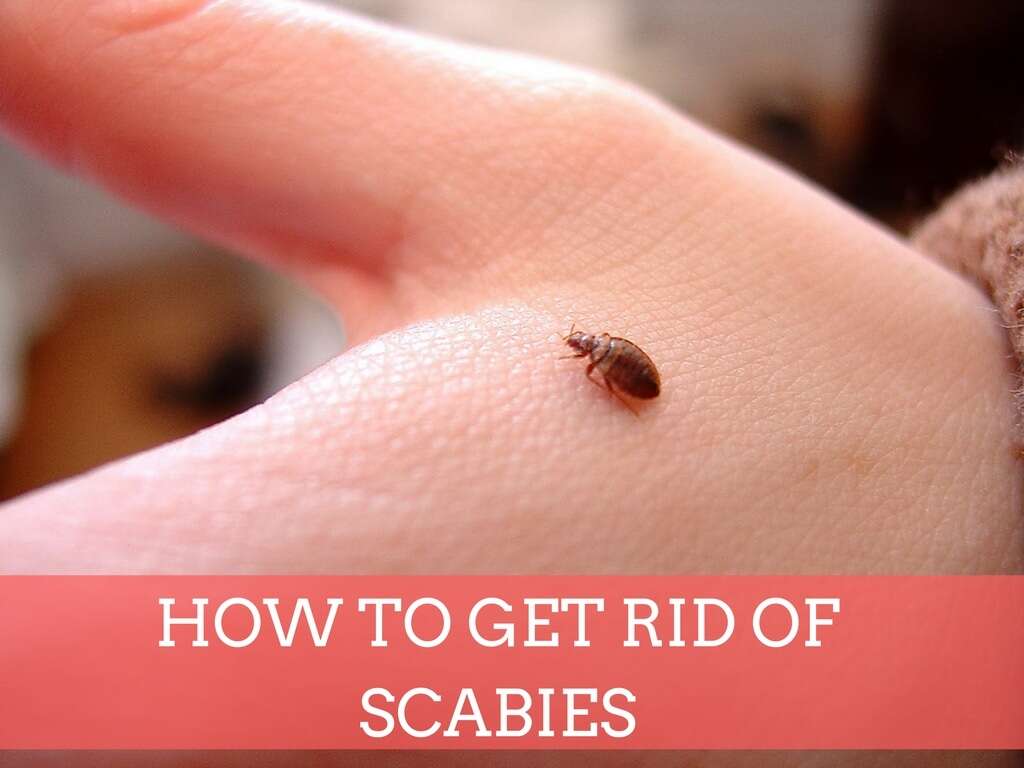
Treatment #2: Ivermectin
In a scabies infestation, Ivermectin is a medication that can be taken orally. Usually, only a single dose is required. It can be prescribed together with a topical medication (medication that is applied on the skin) and is the best choice for individuals with crusted scabies.
It is not recommended for children that are under six years old. While topical Ivermectin has been proven to be useful and effective for scabies in adults, it has not been approved by the Food and Drug Administration in the United States.
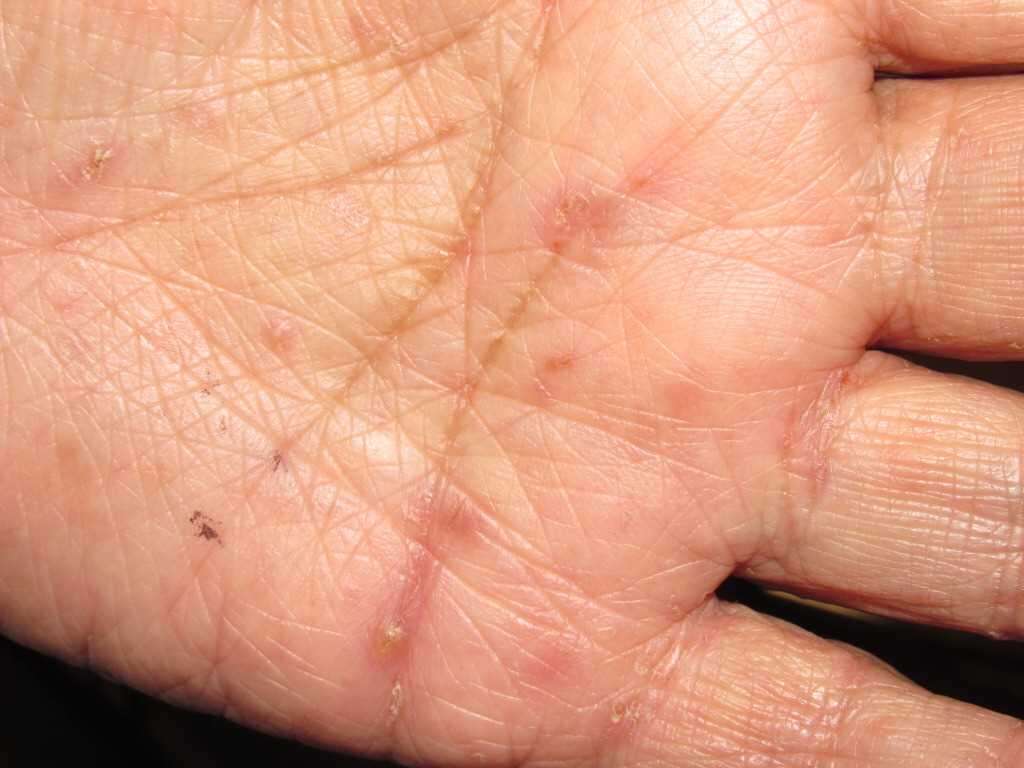
Treatment #3: Crotamiton
Crotamiton is used in scabies infestations as it functions to kill the mites that burrow under the skin while also acting as an anti-pruritic (anti-itch) medication.
It is prescribed as a lotion that is applied onto the whole body (neck and below) and not only to the affected areas to prevent the mites from migrating to a new area. It has to be applied 2-3 times every 24 hours. The patient can only take a shower after 48 hours. It should not be used if there are breaks (sores) in the skin. It has been found to be less effective than Permethrin in some studies.
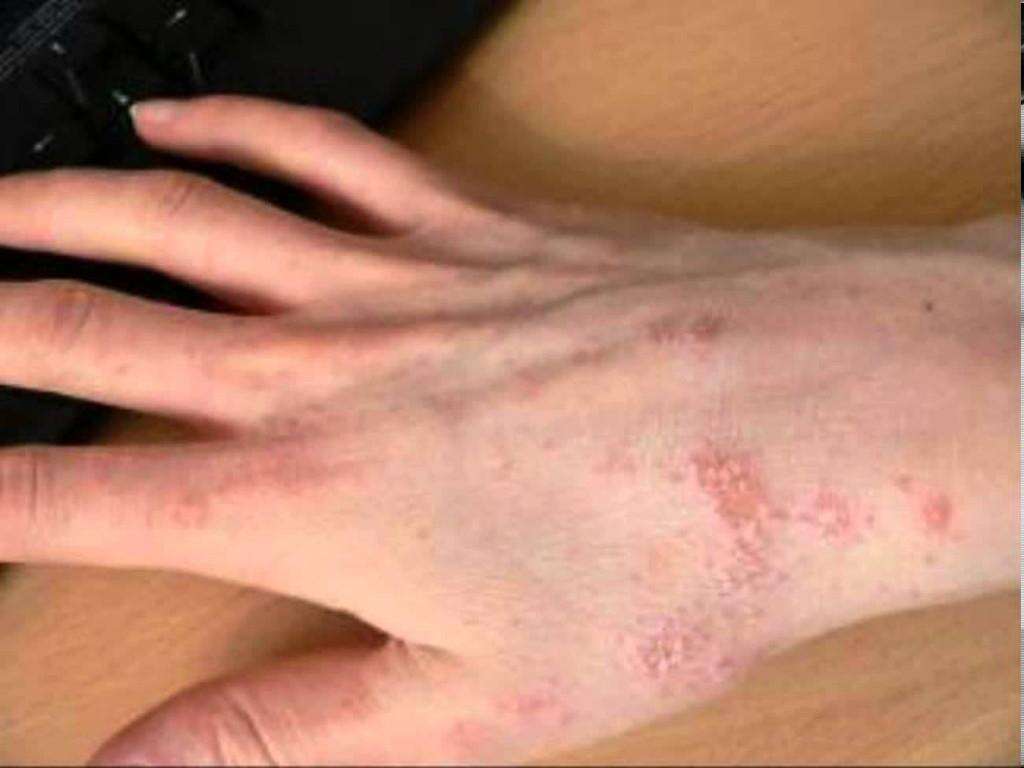
Treatment #4: Lindane
Lindane can also be used as an alternative in the treatment of scabies infestation. 1 ounce of a 1% lotion of lindane (or 30 grams of lindane cream) is applied on the neck downwards and washed off about eight hours later.
It should be avoided in cases where there are breaks in the skin or if the skin is wet (from a shower or bath) as excessive absorption through the skin can cause seizures. It should also be avoided in pregnant women, breastfeeding mothers, elderly, patients with sores, children under the age of 2 years old, and those who weigh less than 110 pounds. It is not the first choice for the treatment of scabies and is only used in cases where patients are not able to tolerate other treatment options or if other options have not been effective.
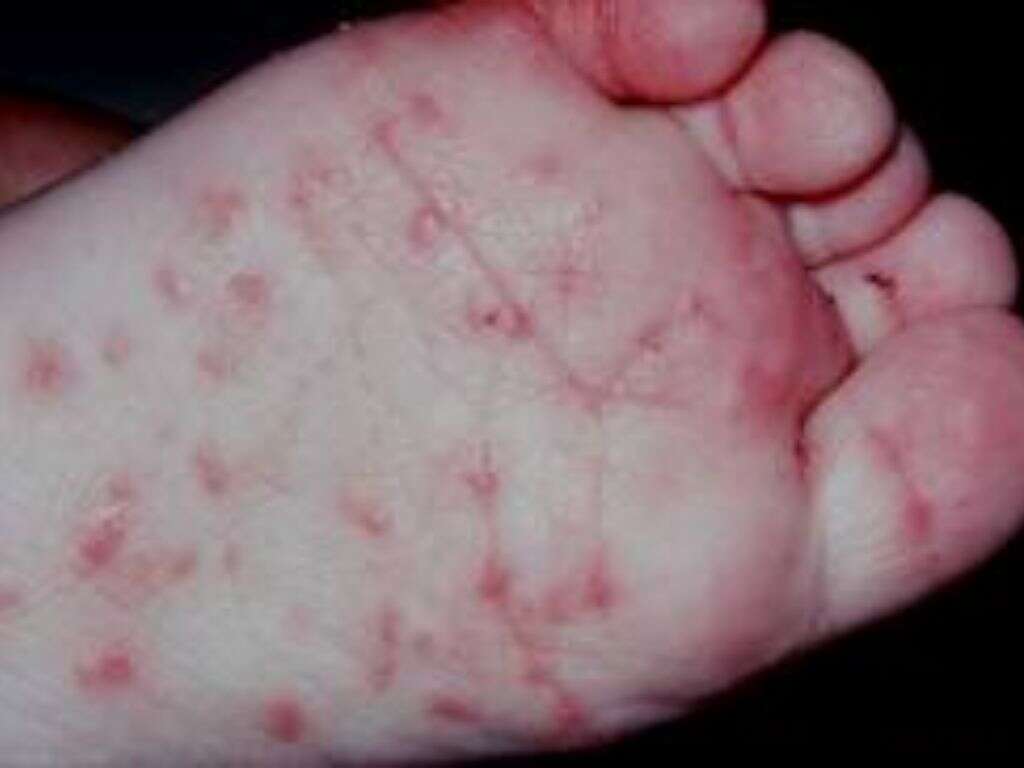
Treatment #5: Benzyl Benzoate
Benzyl benzoate can be used to treat scabies or lice infestation. It is applied to the skin as a lotion and usually requires 2-3 applications. It has been listed on the World Health Organization’s List of Essential Medicines in 1918.
As of today, it is still unclear how it works. It is used in many parts of the world as it is effective and cost efficient in the treatment of scabies infestations. If you are using this medication, remember to follow the instructions as recommended as excessive use increases the risk of side effects. Avoid using it on open wounds. Before using it, ensure that your skin is dry. Apply the medication from the neck down and wait for 24 hours before washing it off.






